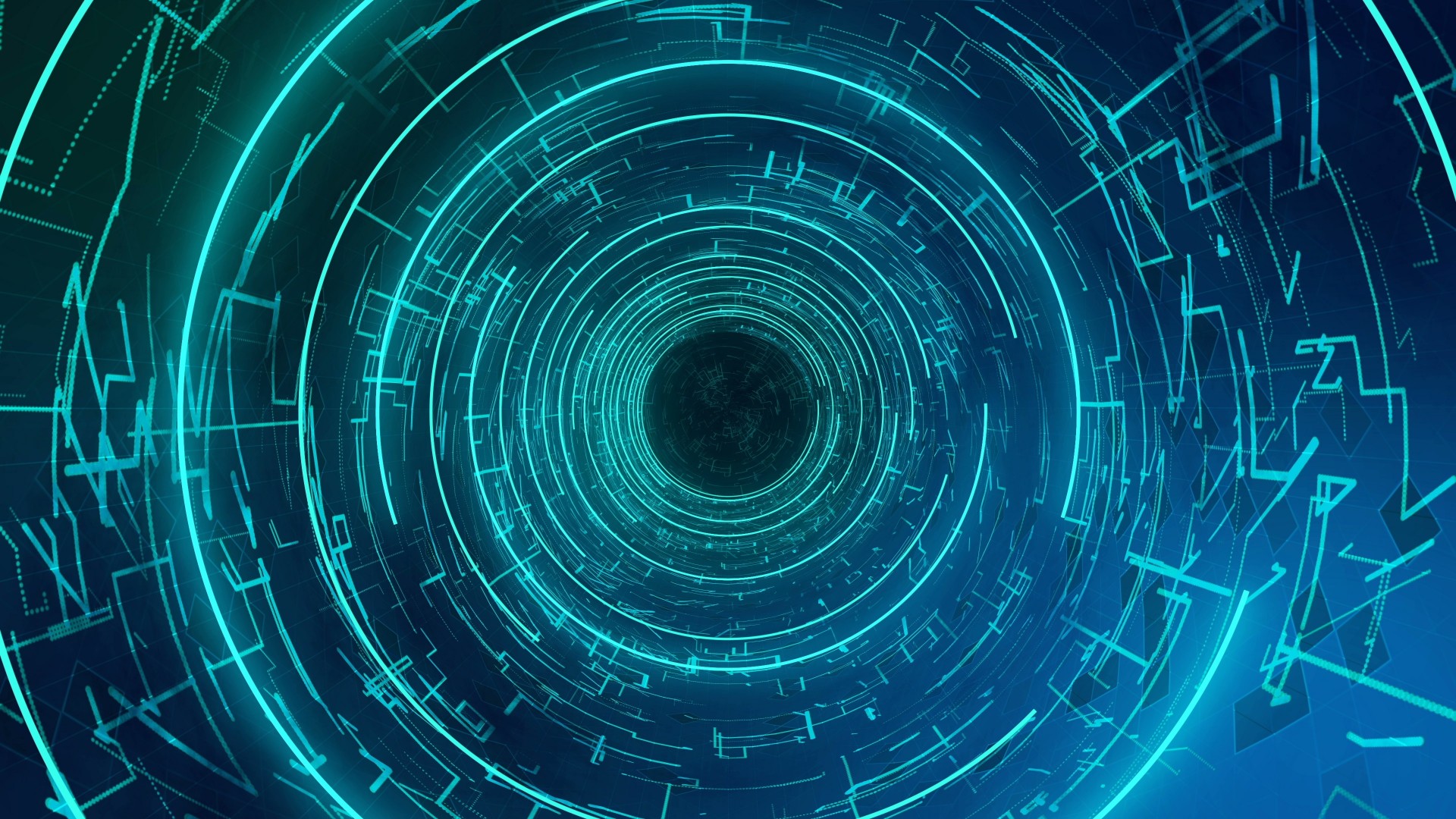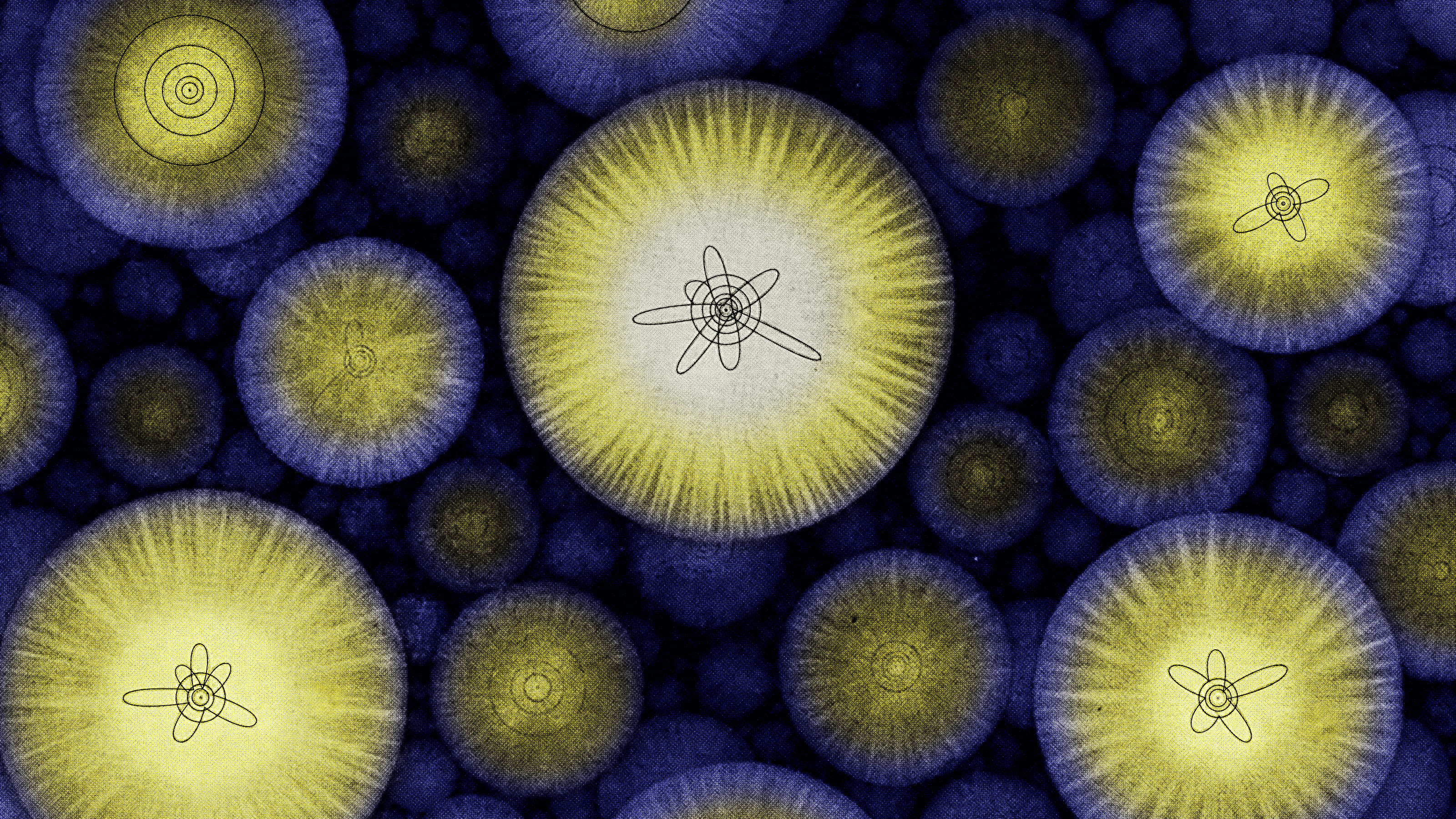What if our innate spirituality was the antidote to the escalating rates of mental health issues in the world? Dr. Lisa Miller, a Columbia University professor, studies the profound interplay between spirituality and mental health.
She argues that our modern obsession with achievement has led to neglect of our spiritual side, contributing to increased depression and despair. In contrast, “awakened awareness,” a state where we are receptive to life’s signals and guidance, can serve as a neuroprotective mechanism against such issues.
Emphasizing the universality of spirituality, irrespective of religiosity, she suggests altruistic acts as a means to strengthen our spiritual core. Such acts, she argues, could ignite a journey of recovery and holistic wellness.
Lisa Miller: The mental health field minus the spiritual core makes no sense — because every single one of us is born with a natural spiritual capacity. We have never had a time where we have had as many people suffer from an atrophied spiritual core. And with the sharp decline in personal spiritual life, there has never been as elevated rates of addiction, depression, and even suicide. We are addicted to goals; we don't even see it. Or life is about setting goals and achieving them to the expense of being in relationship with the deepest force of life.
Now, scientists cannot define spirituality, but what science can do very well is take our lens, whether that lens is an MRI study or epidemiology or genotyping, and point at the impact of spirituality on the rest of our lives. I've devoted my life to the scientific study of spirituality and its deep, really unlimited resource as it protects us against diseases of despair. Our deep spirituality is our greatest resource for renewal, for healing. And even when we're faced with profound mental illness, spirituality is our source of hope.
I'm Dr. Lisa Miller, professor of psychology and education at Columbia University. I study the science on spirituality, mental health, and thriving.
Every single one of us, by birth, has two forms of awareness: Achieving awareness and Awakened awareness. And we need both, and we need them in balance. Achieving awareness lets us strategize, its tactical thinking: A plus B plus C. Research it, go after it, get it done. And to be effective is important in our lives. The achieving brain is in a relentless addiction to the next goal, the next accomplishment.
So where we get in trouble is when achieving awareness sets our North Star. This leads us into depression. To find our North Star, our deepest direction and purpose in life, we need another form of perception, and that is our awakened awareness. Awakened awareness is when we don't ask, "What do I want and how am I going to get it?" But instead, ask, "What is life showing me now? Where am I finding guidance, direction?"
This can come from synchronicity. This can come from a mystical experience, an intuition, someone showing up in our lives and pointing us in a direction that we'd never thought of before. The awakened brain allows us to perceive that we are on a journey — we are on a path. So it turns out that every single one of us are all born with the neuro-docking station for awakened awareness.
Together with my colleagues, we looked at people who recovered from depression through an awakening. We could see that people who suffered the most really derived profound support and even renewal when connecting to their higher power: to God, the Universe, whatever their word might be. They were more likely to perceive and reflect in a profoundly spiritual way. And this tendency to see life on spiritual bedrock was mirrored by a thickening of the cortex, offering some evidence that sustained spiritual life is neuroprotective against depression. And in addition, when we looked at the awakened brain, what we saw is that universally, we are drawn into an experience in which we are loved and held, guided, and never alone.
The awakened brain has three major networks: The frontotemporal, the bonding network comes on just as we were loved and held as children. The attention network shifts from "I've gotta have it," top-down dorsal, to the ventral system where the lights go back on and many people say a new direction pops; we are guided. And the parietal that puts in and out hard boundaries lets us know that we are never alone. We are a point and we are a wave. We are magnificently distinct and unique and diverse, and we are part of one field of life, one sacred consciousness. Each of us is able to engage our awakened brain, but how do we get there?
In most of the post-industrial world, about 70% of people will say, "I am spiritual and I am religious." They go hand in hand. About 30% of people will say, "I am spiritual, but I am not religious. For me, spiritual life is experiencing nature, family, in art or music." Whether or not we are religious, every single one of us is a naturally spiritual being. Spirituality is innate. When we realize our spiritual life, we're healthier, we're more resilient, we're more ethical. And yes, we even have more outward success.
But it's worth noting, of all the forms of spiritual life, the one that most correlates with the thick, strong cortex, if you will, the fortification of the awakened brain, is altruism: love of neighbor. If you really feel stuck, if you feel trapped in despair or depression, stand up, walk out the door, and bring something of beauty, of love to your neighbor. Bring them a meal. Shovel their driveway. Step out of your comfort zone just enough to do something a little bit nice for someone.
And as you do, you'll see that long ago you paved the highways into your natural seat of transcendent awareness. There is a way back to God, your higher power, the Universe- and it was paved long ago. If you own it and take it back, you will have jump started your awakened brain.






